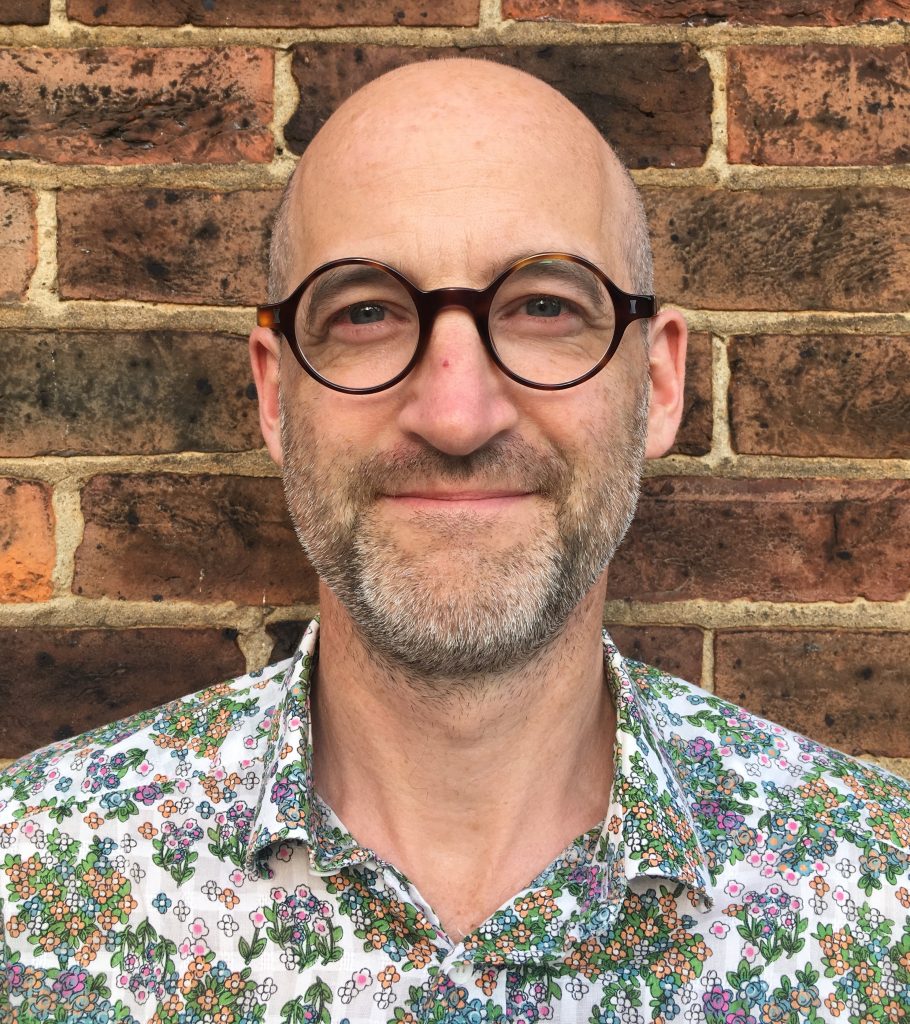2022 Talks
2nd Online Materials Education Symposium
OMES 2022, Program Details
| poster number |
Speaker | Affiliation | Topic |
| 1 | Mark Miodownik | University College London, UK | The Pitfalls and Triumphs of Holding Practical Workshops Online |
| 2 | John A. Nychka | University of Alberta, Canada | A Case for Case Studies: Using Open-Ended and Unfolding Case Studies in Materials Education |
Talk Abstracts
The Pitfalls and Triumphs of Holding Practical Workshops Online
Mark Miodownik, University College London, UK
For over a decade the UCL Institute of Making has specialised in a hands-on approach to the topic of materials and making. In early 2020 we joined a project called Making Spaces which aims explore how makerspaces can support equitable STEM engagement among young people from minoritised and under-resourced communities. When the pandemic forced the temporary closure of our workshops and materials library we pivoted to offer workshops online instead. The workshop topics included making face masks, sustainable fashion, printing with sugar, and DIY biomaterials amongst other topics. In this talk I will discuss the reflections of our team of providing these online workshops, along with wider insights from the Making Spaces team.
A Case for Case Studies: Using Open-Ended and Unfolding Case Studies in Materials Education
John A. Nychka, Chemical and Materials Engineering Department, University of Alberta, Edmonton, Canada
Whilst examples demonstrate how to solve problems they are poor learning objects for higher order thinking skills development (synthesis, integration, and creation); case studies are superior. Perhaps the most critical difference between examples and case studies is the role assumed by the student: in examples, learners are followers of thought and their role switches to leaders of thought in case studies. Thus, learners must access and operate at higher levels/orders of thinking during case studies, and in so doing can achieve deeper knowledge acquisition and development along with improved reasoning skills and engineering judgement. This presentation will shed light on the different types of case studies, cases with common everyday objects, open-ended and unfolding case pedagogies, facilitation practices, and discuss innovations in case delivery in the online environment prompted by the COVID-19 pandemic—some of which are here to stay.


